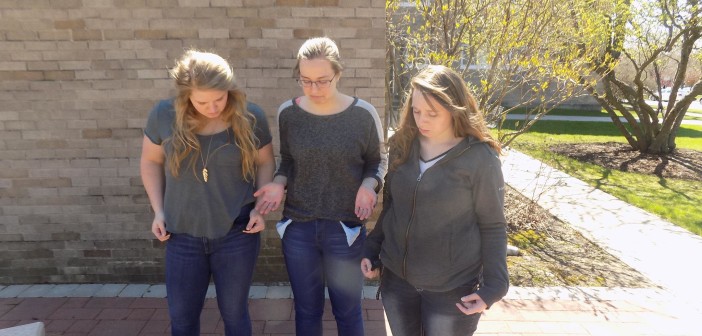Approximately 19.9 million students enrolled in colleges across the United States in the 2015-16 school year. In order to make school possible, the majority of students receive some type of financial aid.
This year, however, Illinois failed to pass a budget in July to fund the Monetary Award Program (MAP), a grant up to $4,720 that does not need to be paid back. This grant was promised to be awarded to Illinois residents who demonstrate financial need, but has yet to be distributed.
Illinois colleges still keep their doors open in hopes that a budget will soon pass. However the impact of not funding MAP is affecting not only students, but also employees of colleges and universities as some are being laid off.
Steve Macek, a professor in the Department of Communication, said that approximately 800 students on campus rely on the MAP grants and that there has been an increase in roughly $2.4 million in student account receivables (the amount students owe to the institution).
He states, “NCC is not yet at the stage of deciding on how the burden should be allocated in the event that the state does not fully fund MAP.”
Marty Sauer, vice president for Enrollment Management and Athletics, adds, “We are not asking students to cover these dollars right now. We do not want this to be a distraction. We are remaining optimistic that funding will come through.”
Sauer further explains that the college is monitoring the situation closely and is remaining in contact with elected officials of the state. He shares that on students’ financial aid statement the grant is showing up as an understatement saying it is pending.
As far as what will the college do if funding does not come through? He says, “We will step back as an institution and make sure to do everything we can to make sure students have the opportunity to complete their degree program here at North Central.”
Ashley Nowling (’19), double majoring in Japanese and Eastern-Asian studies, says she pays for her own education. “I have to work two jobs to pay for school with help from no one but the government,” she said.
As Nowling was talking about her situation she became emotional, admitting to failing two classes, due to her heavy workload of 20 hours or more a week, but still she is not giving up. She admits, “It’s honestly terrifying, because if I lose this I won’t be able to go to college anymore and since I am the first one to be going within my family, it will break their heart.”
Jazmine Kaplar (’19), psychology major, states, “We need this grant. The state offered it and now they are taking it away from us. It is a good chunk of money and without it I may not be able to come back this year.”

